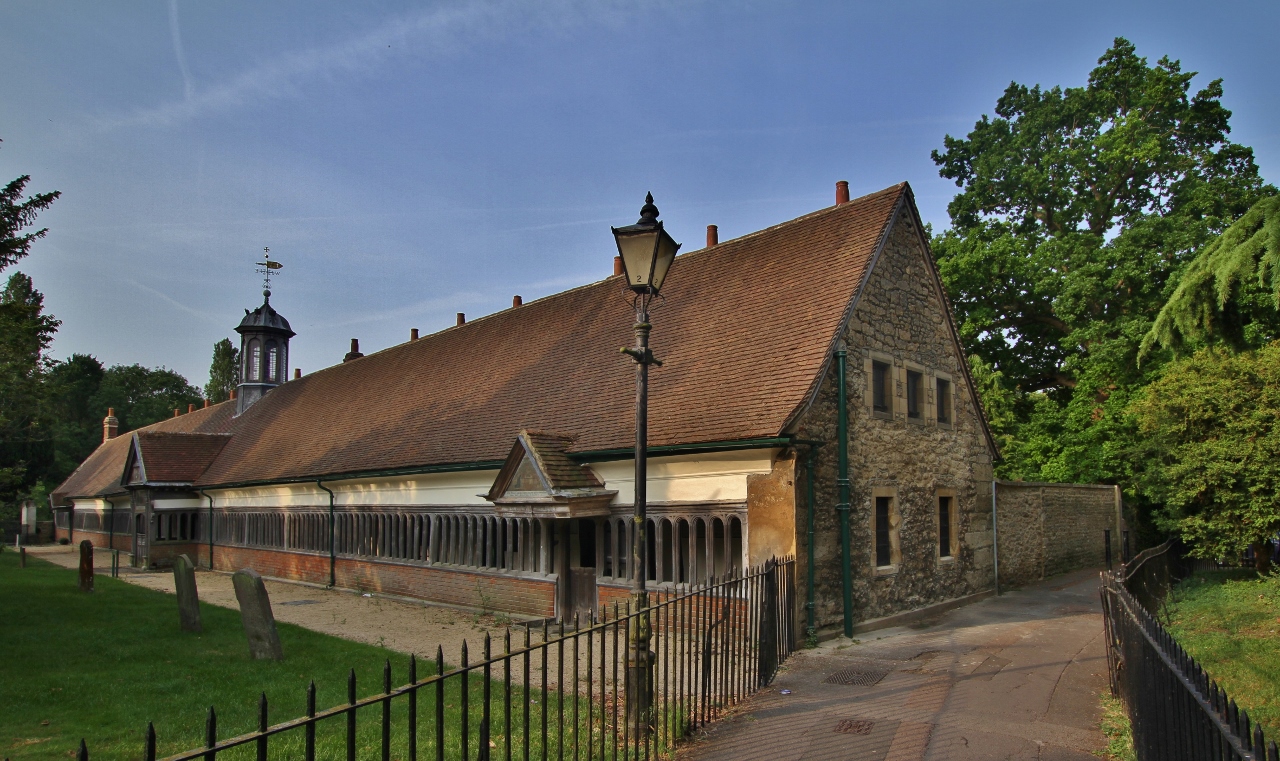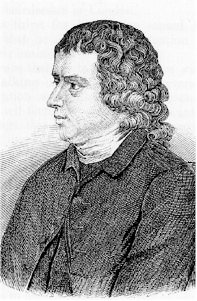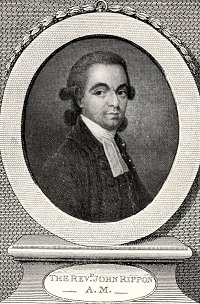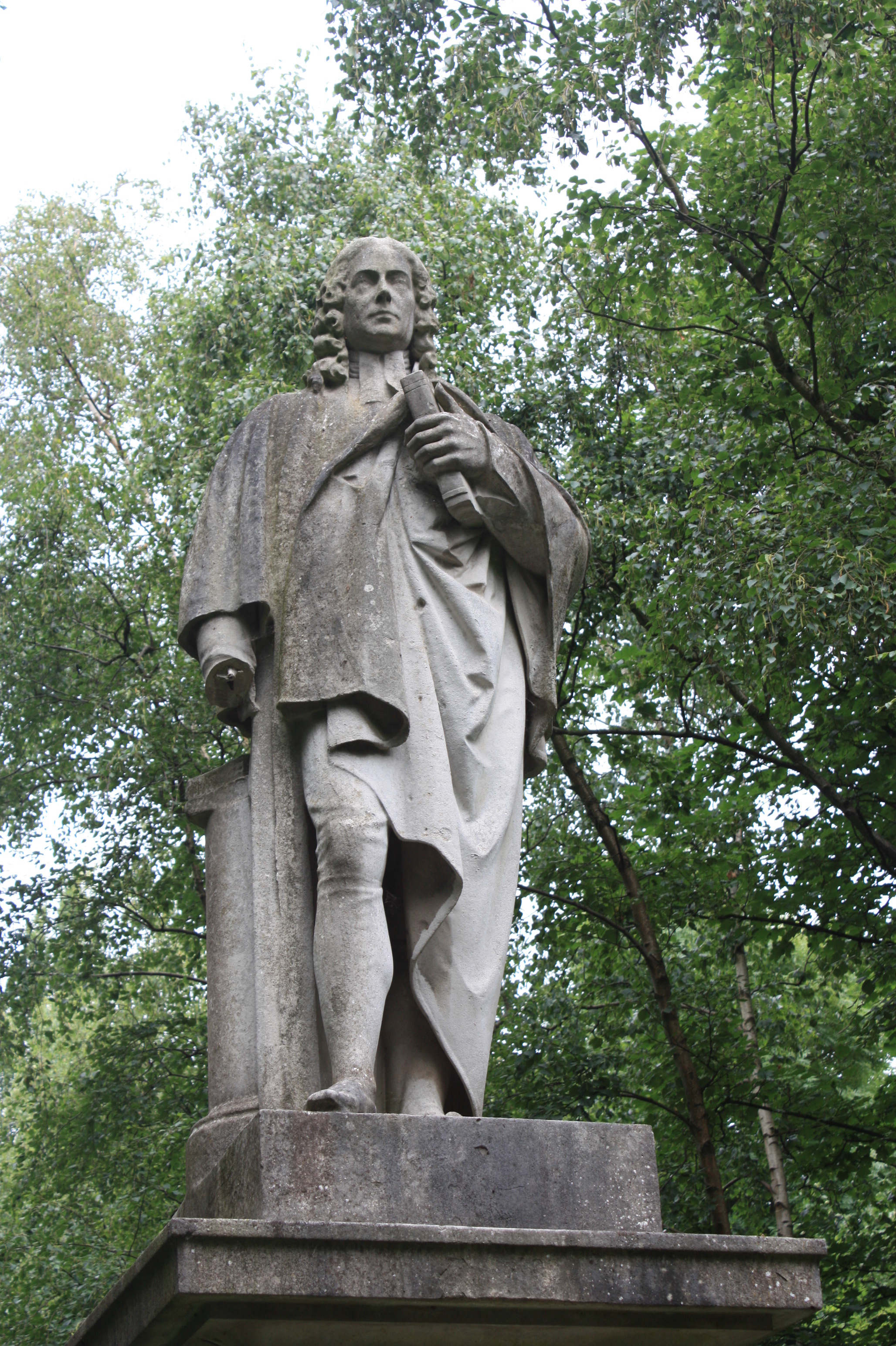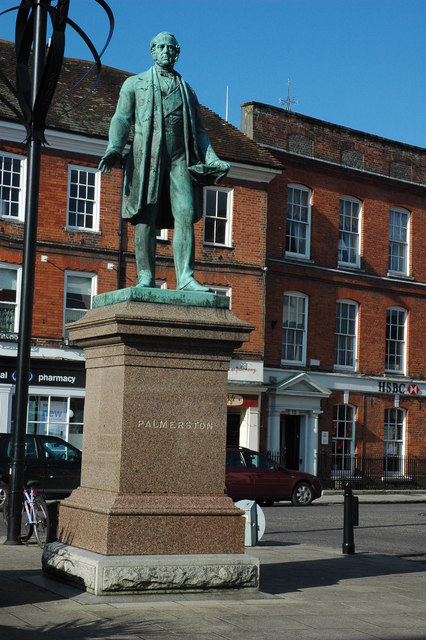|
Daniel Turner (hymn Writer)
Daniel Turner (1710–1798) was an English teacher and Baptist minister, now known as a hymn-writer. Life Turner was born at Blackwater Farm, near St. Albans, on 1 March 1710. He kept a boarding-school at Hemel Hempstead. His pupils there included William Kenrick and Hugh Smith. At the same time he made a reputation as an occasional preacher in Baptist chapels. In 1741 he was chosen pastor of the Baptist church in Reading, Berkshire. He moved in 1748 to Abingdon, and held the pastorate there until his death on 5 September 1798. He was buried in the Baptist cemetery at Abingdon. Turner received the honorary degree of M.A. from the Baptist College, Providence, Rhode Island, U.S.A. He was a friend and correspondent of Robert Robinson, John Rippon, Isaac Watts, and others. Works One of Turner's best known hymns is "Jesus, full of all compassion", which appeared in the Bristol ''Baptist Collection'', 1769. Another, "Beyond the glittering starry skies", was published by his br ... [...More Info...] [...Related Items...] OR: [Wikipedia] [Google] [Baidu] |
Abingdon OckStreet 35 BluePlaque DanielTurner
Abingdon may refer to: Places United Kingdom * Abingdon-on-Thames, Oxfordshire ** Abingdon (UK Parliament constituency) 1558–1983 ** Abingdon railway station (closed) United States *Abingdon, Iowa * Abingdon, Illinois * Abingdon, Maryland * Abingdon, Virginia *Abingdon (plantation), Virginia Other countries * Abingdon Downs, Queensland, Australia ** Abingdon Airport * Abingdon, Ontario, Canada * Abingdon Island, Galápagos Islands, Ecuador Other uses * Abingdon (1902 automobile) * Abingdon (1922 automobile) * Abingdon Arms, in Oxford, England * Abingdon Motorcycles, a former British motorcycle manufacturer * Abingdon Press, publishing house of the United Methodist Church *Abingdon Road, in Oxford, England *Abingdon School, in Abingdon-on-Thames, England * Earl of Abingdon, a title in the Peerage of England *, a U.S. Navy ship See also * *Abington (other) Abington may refer to: People *Abington (surname) Places Ireland *Abington, County Limerick, part of a civil ... [...More Info...] [...Related Items...] OR: [Wikipedia] [Google] [Baidu] |
Hemel Hempstead
Hemel Hempstead () is a town in the Dacorum district in Hertfordshire, England, northwest of London, which is part of the Greater London Urban Area. The population at the 2011 census was 97,500. Developed after the Second World War as a new town, it has existed since the 8th century and was granted its town charter by Henry VIII in 1539. Nearby towns are Watford, St Albans and Berkhamsted. History Origin of the name The settlement was called by the name Henamsted or Hean-Hempsted in Anglo-Saxon times and in William the Conqueror's time by the name of Hemel-Amstede. The name is referred to in the Domesday Book as Hamelamestede, but in later centuries it became Hamelhamsted, and, possibly, Hemlamstede. In Old English, ''-stead'' or ''-stede'' simply meant "place" (reflected in German ''Stadt'' and Dutch ''stede'' or ''stad'', meaning "city" or "town"), such as the site of a building or pasture, as in clearing in the woods, and this suffix is used in the names of other E ... [...More Info...] [...Related Items...] OR: [Wikipedia] [Google] [Baidu] |
William Kenrick (writer)
William Kenrick (c. 1725 – 10 June 1779) was an England, English novelist, playwright, translator and satirist, who spent much of his career Defamation, libelling and Parody, lampooning his fellow writers. Life and career Kenrick was born at Watford, Hertfordshire, son of a Bone (corsetry), stay-maker. He apparently obtained a doctorate at Leiden University (although other sources maintain he went to a Scottish university) and appeared for the first time as a pamphletist in 1751 where he wrote, under the name of "Ontologos", ''The Grand Question debated; or an Essay to prove that the Soul of Man is not, neither can it be Immortal.'' In typical fashion, Kenrick forthwith provided an answer to this question proving the reverse, a tactic he often used in order to publicize his productions. One of his first targets was the vulnerable Christopher Smart whose poem ''Night Piece'' he attacked in the London monthly journal ''The Kapelion; or Poetical Ordinary, consisting of Great Va ... [...More Info...] [...Related Items...] OR: [Wikipedia] [Google] [Baidu] |
Hugh Smith (physician)
Hugh Smith (died 26 December 1790) was an English medical writer. Biography Smith was son of a surgeon and apothecary. He was born at Hemel Hempstead in Hertfordshire Hertfordshire ( or ; often abbreviated Herts) is one of the home counties in southern England. It borders Bedfordshire and Cambridgeshire to the north, Essex to the east, Greater London to the south, and Buckinghamshire to the west. For govern .... He studied medicine at Edinburgh University, and obtained the degree of M.D. on 22 April 1755. He at first practised in Essex, but came to London in 1759, and fixed his residence in Mincing Lane. In 1760 he commenced a course of lectures on the theory and practice of physic, which were numerously attended. These, together with the publication of ‘Essays on Circulation of the Blood, with Reflections on Blood-letting,’ 1761, gave him a wide reputation. In 1762 he was admitted a licentiate of the Royal College of Physicians. In 1765 he was elected physician to Mi ... [...More Info...] [...Related Items...] OR: [Wikipedia] [Google] [Baidu] |
Reading, Berkshire
Reading ( ) is a town and borough in Berkshire, Southeast England, southeast England. Located in the Thames Valley at the confluence of the rivers River Thames, Thames and River Kennet, Kennet, the Great Western Main Line railway and the M4 motorway serve the town. Reading is east of Swindon, south of Oxford, west of London and north of Basingstoke. Reading is a major commercial centre, especially for information technology and insurance. It is also a regional retail centre, serving a large area of the Thames Valley with its shopping centre, the The Oracle, Reading, Oracle. It is home to the University of Reading. Every year it hosts the Reading and Leeds Festivals, Reading Festival, one of England's biggest music festivals. Reading has a professional association football team, Reading F.C., and participates in many other sports. Reading dates from the 8th century. It was an important trading and ecclesiastical centre in the Middle Ages, the site of Reading Abbey, one of th ... [...More Info...] [...Related Items...] OR: [Wikipedia] [Google] [Baidu] |
Abingdon, Oxfordshire
Abingdon-on-Thames ( ), commonly known as Abingdon, is a historic market town and civil parish in the ceremonial county of Oxfordshire, England, on the River Thames. Historically the county town of Berkshire, since 1974 Abingdon has been administered by the Vale of White Horse district within Oxfordshire. The area was occupied from the early to middle Iron Age and the remains of a late Iron Age and Roman defensive enclosure lies below the town centre. Abingdon Abbey was founded around 676, giving its name to the emerging town. In the 13th and 14th centuries, Abingdon was an agricultural centre with an extensive trade in wool, alongside weaving and the manufacture of clothing. Charters for the holding of markets and fairs were granted by various monarchs, from Edward I to George II. The town survived the dissolution of the abbey in 1538, and by the 18th and 19th centuries, with the building of Abingdon Lock in 1790, and Wilts & Berks Canal in 1810, was a key link between ... [...More Info...] [...Related Items...] OR: [Wikipedia] [Google] [Baidu] |
Baptist College, Providence, Rhode Island
The history of Brown University spans years. Founded in 1764 as the ''College in the English Colony of Rhode Island and Providence Plantations'', Brown is the seventh-oldest institution of higher education in the United States and the third-oldest institution of higher education in New England. At its foundation, the university was the first in the U.S. to accept students regardless of their religious affiliation. Brown's medical program is the third-oldest in New England while its engineering program is the oldest in the Ivy League. The university was one of the early doctoral-granting U.S. institutions in the late 19th century, adding masters and doctoral studies in 1887. In 1969, Brown adopted its Open Curriculum—which has since come to define the university's approach to undergraduate education. In 1971, Brown's coordinate women's institution, Pembroke College, was fully merged into the university. Establishment Charter Early petitions Brown University's orig ... [...More Info...] [...Related Items...] OR: [Wikipedia] [Google] [Baidu] |
Robert Robinson (Baptist)
Robert Robinson (27 September 1735 – 9 June 1790) was an English Dissenter, influential Baptist and scholar who made a lifelong study of the antiquity and history of Christian Baptism. He was also author of the hymns "Come Thou Fount of Every Blessing" and "Mighty God, while angels bless Thee", the former of which he wrote at age 22 after converting to Methodism. The latter was later set to music by Dr John Randall, Music Professor at Cambridge University. Early life Robert Robinson was born in Swaffham in Norfolk, on 27 September 1735, to Michael Robinson, a customs officer, and Mary Wilkin, who had married by license at Lakenheath, Suffolk, 28 March 1723. His father died when he was aged five, but his maternal grandfather, Robert Wilkin, a wealthy gentleman of Mildenhall, who had never reconciled himself to his daughter’s lowly marriage, disinherited his grandson, with an inheritance of ten shillings and sixpence. Robinson’s uncle, a farmer, had sponsored Robinson’s ... [...More Info...] [...Related Items...] OR: [Wikipedia] [Google] [Baidu] |
John Rippon
John Rippon (29 April 1751 – 17 December 1836) was an English Baptist minister. In 1787 he published an important hymnal, ''A Selection of Hymns from the Best Authors, Intended to Be an Appendix to Dr. Watts’ Psalms and Hymns'', commonly known as ''Rippon's Selection'', which was very successful, and was reprinted 27 times in over 200,000 copies. Many hymns originally published in Rippon's ''Selection'' are preserved in the Sacred Harp. Life At the age of 17, Rippon attended Bristol Baptist College in Bristol, England. After the death of John Gill, he assumed Gill's pastorate, the Baptist meeting-house in Carter Lane, Tooley Street, Southwark, from 1773 at the age of 20 until his death, a period of 63 years. During these times, the church experienced great growth and became one of the largest congregations in the country. The congregation moved to New Park Street from Carter Lane in 1833. The New Park Street Chapel could seat 1,200 people. Rippon's church was later past ... [...More Info...] [...Related Items...] OR: [Wikipedia] [Google] [Baidu] |
Isaac Watts
Isaac Watts (17 July 1674 – 25 November 1748) was an English Congregational minister, hymn writer, theologian, and logician. He was a prolific and popular hymn writer and is credited with some 750 hymns. His works include "When I Survey the Wondrous Cross", "Joy to the World", and "Our God, Our Help in Ages Past". He is recognized as the "Godfather of English Hymnody"; many of his hymns remain in use today and have been translated into numerous languages. Life Watts was born in Southampton, Hampshire, England, in 1674 and was brought up in the home of a committed religious nonconformist; his father, also Isaac Watts, had been incarcerated twice for his views. Watts had a classical education at King Edward VI School, Southampton, learning Latin, Greek, and Hebrew. Watts displayed a propensity for rhyme from an early age. He was once asked why he had his eyes open during prayers, to which he responded: He received corporal punishment for this, to which he cried: Watts co ... [...More Info...] [...Related Items...] OR: [Wikipedia] [Google] [Baidu] |
Romsey
Romsey ( ) is a historic market town in the county of Hampshire, England. Romsey was home to the 17th-century philosopher and economist William Petty and the 19th-century British prime minister, Lord Palmerston, whose statue has stood in the town centre since 1857. The town was also home to the 20th-century naval officer and statesman Louis Mountbatten, 1st Earl Mountbatten of Burma, who lived at Broadlands. Romsey Abbey, the largest parish church in Hampshire, dominates the centre of the town. Other notable buildings include a 13th-century hunting lodge, an 18th-century coaching inn and the 19th-century Corn Exchange. The town is situated northwest of Southampton, southwest of Winchester and southeast of Salisbury. It sits on the outskirts of the New Forest, just over northeast of its eastern edge. The population of Romsey was 14,768 at the 2011 Census. Romsey is one of the principal towns in the Test Valley Borough and lies on the River Test, which is known for fly fishi ... [...More Info...] [...Related Items...] OR: [Wikipedia] [Google] [Baidu] |
The Gospel Magazine
The ''Gospel Magazine'' is a Calvinist, evangelical Christian magazine from the United Kingdom, and is one of the longest running of such periodicals, having been founded in 1766. Most of the editors have been Anglicans. It is currently published bi-monthly. A number of well-known hymns, including Augustus Montague Toplady's ''Rock of Ages'', first appeared in the ''Gospel Magazine''. Toplady, sponsored by Selina Hastings, Countess of Huntingdon, used the magazine to attack John Wesley. Other contributors included John Newton, the organist William Shrubsole (1760–1806), the hymn writer Daniel Turner (1710–98) and (at a later date) the particular Baptist minister John Andrew Jones (1779–1868). The Gospel Magazine Trust is currently working to scan their extant copies—going back 240 years—and upload them onto the website. List of editors * 1766–74: Joseph Gurney (died 1815) * 1774–75 & 1776: William Mason (1719–91) * December 1775–June 1776: Augustus Mont ... [...More Info...] [...Related Items...] OR: [Wikipedia] [Google] [Baidu] |




